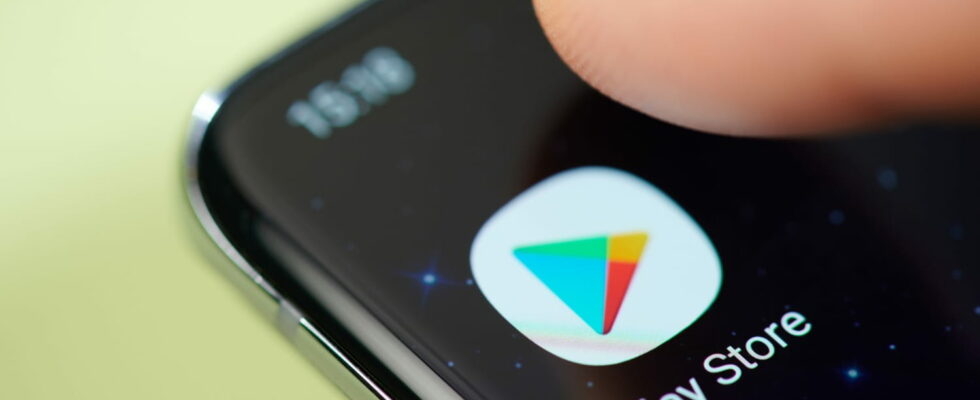Google is going to start a major cleanup in the Play Store by removing thousands of poor quality apps from its store. Let’s hope this operation will really be effective.
As we know, the Play Store is not the safest app store, despite all of Google’s efforts to detect infected apps. It’s an eternal game of cat and mouse between the company and cybercriminals. One of the problems that often comes up is the presence of clone apps, which pretend to be legitimate apps and fool the user as to their origin. However, another problem lies in the quality of the apps.
Indeed, the Play Store currently has about 3.3 million applications, compared to about 2 million on the App Store. Among these are misleading or low-value apps, which are only there to collect users’ personal data. Also, to combat this phenomenon, Google has just to update its “Spam and Minimal Functionality” policy regarding the applications eligible to appear in the Play Store. This will apply from August 31, which will lead to a major purge of apps that do not meet the new “quality standards”.
Cleaning up the Play Store: towards quality apps
Google will primarily target static applications that do not have specific functions, such as those that simply display text or read a PDF. The company will also get rid of apps that offer little content, such as those that provide a single wallpaper. Of course, it will also ban applications without any function, those that crash, force close or operate abnormally. On the other hand, Google is not commenting on applications that offer basic functions already natively available on all Android smartphones, such as flashlights and QR code readers, which are proliferating in the Play Store.
This initiative by Google is a continuation of a previous approach. In 2023, the digital giant had already blocked more than 2.28 million applications deemed non-compliant with its guidelines and rejected nearly 200,000 application proposals. The goal is to improve user security on Android devices, while strengthening the credibility of the Play Store in the face of alternative app stores, such as Aptoide, APKPure, APKMirror, F-Droid, etc.
It is important to keep in mind that just because you download an application from an official store does not mean that you are risk-free. This is why it is recommended to only install applications that you really need and to delete those that you no longer use. Before each download, take the time to check the small details that could raise suspicions – number of downloads, reviews, name of the developer, authorization requests, other apps developed, etc. Finally, it is essential to use an antivirus in the background to check that malicious behavior is not at work.
